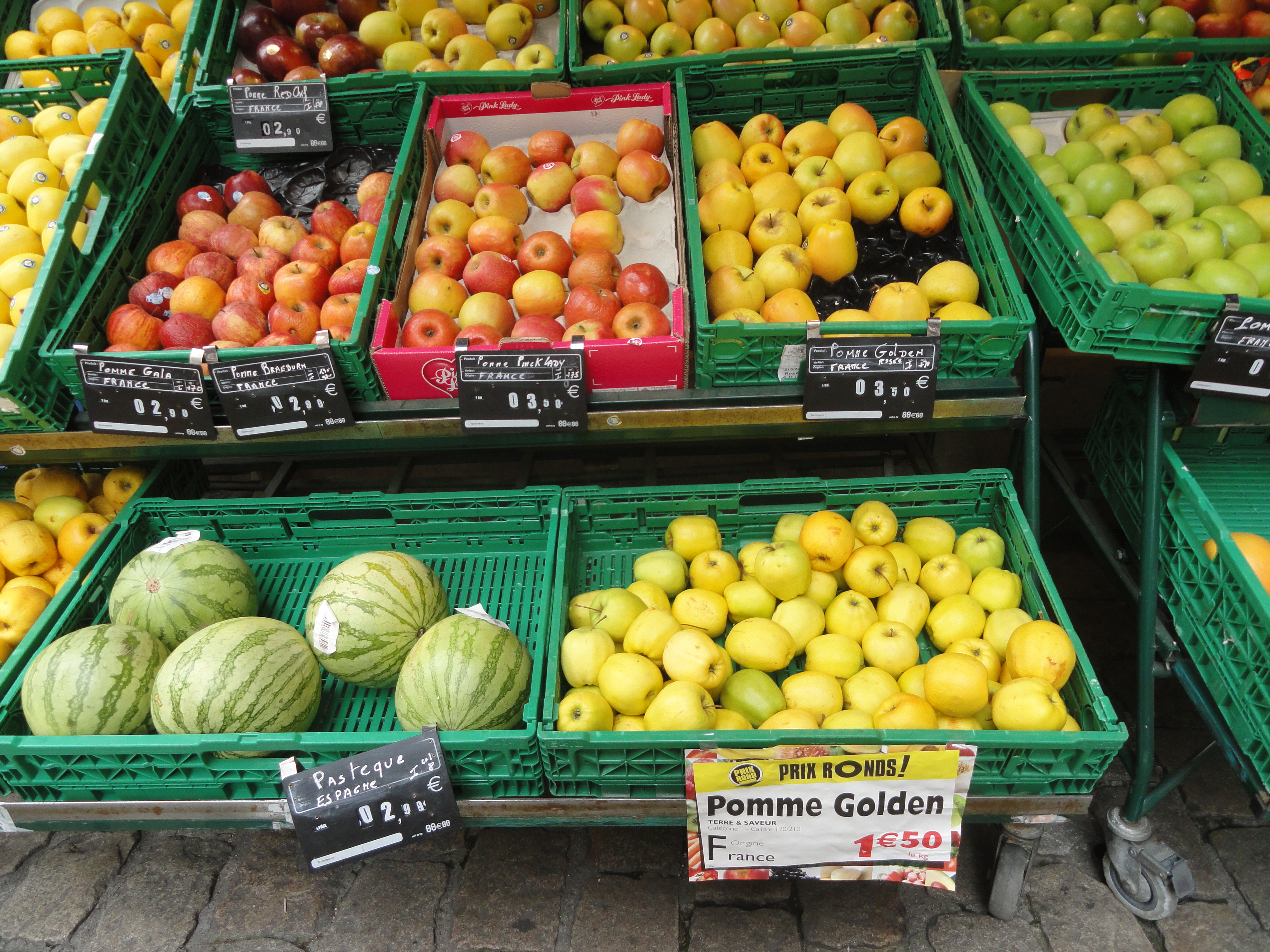Tuesday, November 26, 2024
Affecting emotions
Can you affect your child's emotions? Yes. Everything you do, while you have an infant or young child, will affect that child's emotions.
Can you control your own emotions? Not entirely.
Can you affect your own emotions? Absolutely.
photo by Paul Collins
of Sandra and Holly Dodd
(as Ælflæd and Asta)
Monday, November 25, 2024
Limiting Limitations

There are arbitrary limits that parents just make up, or copy from the neighbors. Then there are limits that have to do with laws, rules, courtesy, tact, circumstances, traditions and etiquette.
photo by Sandra Dodd

Sunday, November 24, 2024
Know what you mean
I say "What do you mean?"
Usually the question is asked by rote, the same way adults ask stranger-children "Where do you go to school?" Most people just blink and stammer, because they don't even know what they meant when they asked it.—Sandra Dodd
(with links to other sets of questions and answers)
photo by Colleen Prieto
There was an error in the e-mail version, which went to this related page Those pages are better linked back and forth now, too.
Saturday, November 23, 2024
Food, shelter, pizzazz
If you're providing food and shelter for your children, good job! If you can look cool while doing it, with a bit of style and pizzazz, bonus for everyone.
Fill your shelter with peace and patience.
photo by Karen James
Friday, November 22, 2024
Thank them
Thank them! Even if they haven't done it the way you would. Even if they've done less than you think they're capable of. Thank them. They've set aside time from something they find valuable to do something for you. Appreciate that they're willing to do that for you. The more they feel appreciated for what they choose to give, the more they will give when they're able. People want to feel they're appreciated.
—Joyce Fetteroll
photo by Sarah S.
Thursday, November 21, 2024
Automotive peace
Years back when I had three kids who ate in the van and cup holders would have ketchup in them and stuff, I dreamed of growing up and getting a nice Buick sedan when the kids were grown.
The other day Keith and I saw a nice Buick sedan. I said that was supposed to be my car someday, and Keith said still could be. But I think after this used minivan dies, I need to get another used minivan. And if pressed to choose a nice sedan right now, it would likely be a Hyundai Sonata.
I had not factored in grandchildren, or needing to take six people to a play or out to dinner.
I think I would rather clean ketchup out of drink holders and have people smiling and laughing in my used minivan than to have a quiet, soft luxury car I would need to fill with "no" and "don't."
(the writing isn't there, but the warmth is)
photo by Sandra Dodd, in Old Town, Albuquerque
I had parallel-parked that van on a one-way circuit around the plaza. I parked in a tight spot, on the left side, and was proud. A man sitting on the bench gave me a thumbs-up for the smooth parking. When we came back, the other cars were gone so it didn't look impressive anymore.
Wednesday, November 20, 2024
Naturally sweet
[Benton] explores the evolutionary basis behind children's food choices—for example, babies and toddlers have an innate preference for sweet and salty flavours and avoid bitter and sour tastes. This is explained as reflecting an evolutionary background where sweetness predicts a source of energy, whereas bitterness predicts toxicity/poison.
He also discusses the evolutionary mechanisms that might explain why children avoid new foods (termed neophobia), particularly in toddlers. In our evolutionary past, avoiding new foods had survival value if it discouraged eating items that might have been poisonous, particularly at the stage when a child was beginning to walk. Benton stresses that "Parents need to understand that neophobia is normal."
—Jo Isaac
(PhD, Biology)
(PhD, Biology)
photo by Cátia Maciel
Subscribe to:
Comments (Atom)





